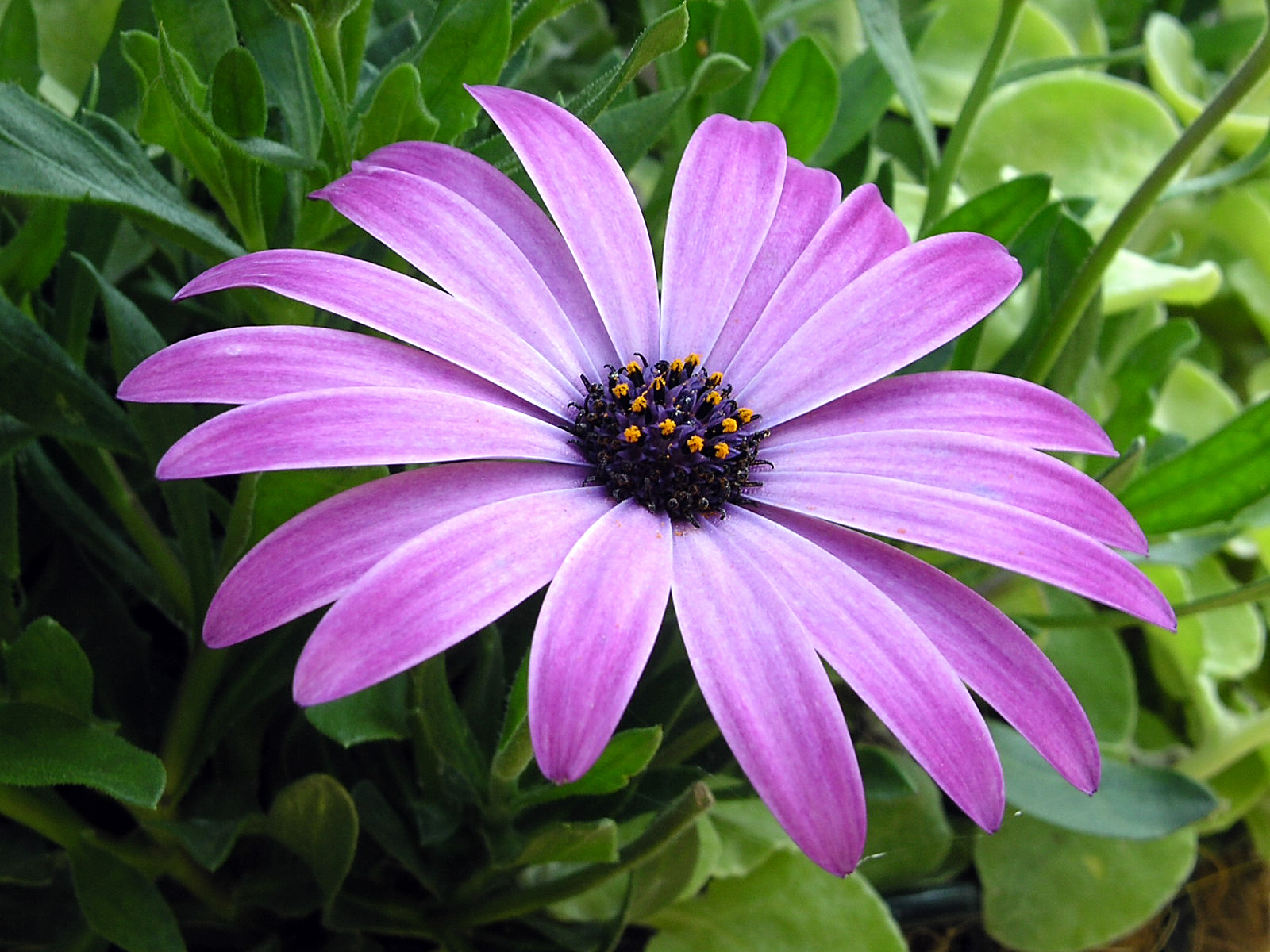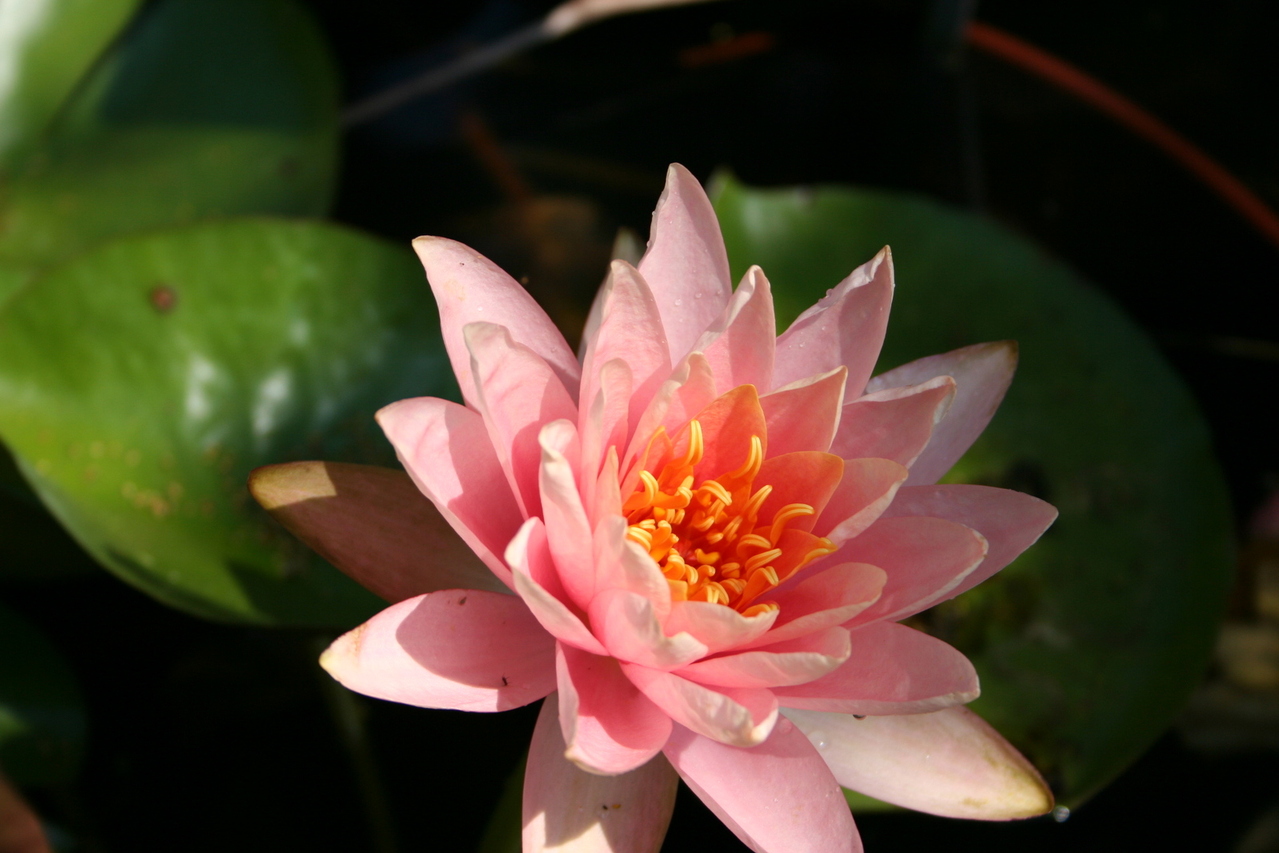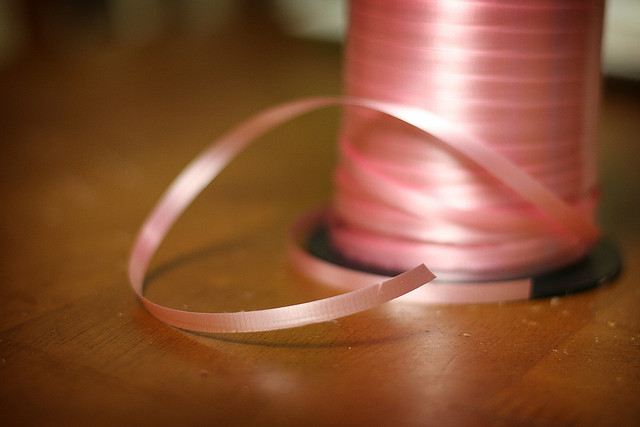 This week, James E. Craigie, MD, of The Center for Natural Breast Reconstruction answers your question.
This week, James E. Craigie, MD, of The Center for Natural Breast Reconstruction answers your question.
Question: Hi doc, I want to undergo breast reconstruction. Would you please inform me on how I should proceed?
Answer: Thank you for your question. If you have had or are planning to have mastectomy surgery, then chances are that you can have breast reconstruction. There are different approaches and procedures. The best option for you depends on the specifics of your situation, such as previous surgery, medical history, and expectations. If you would like to know more, we would need to get some information about your situation. Just let us know we can contact you for the details.
Have a question about breast reconstruction or post-surgical you’d like answered from our surgical team? Just ask!
 This week, James E. Craigie, MD, of The Center for Natural Breast Reconstruction answers your question.
This week, James E. Craigie, MD, of The Center for Natural Breast Reconstruction answers your question. This week, James E. Craigie, MD, of The Center for Natural Breast Reconstruction answers your question.
This week, James E. Craigie, MD, of The Center for Natural Breast Reconstruction answers your question.
 This week, James E. Craigie, MD, of The Center for Natural Breast Reconstruction answers your question.
This week, James E. Craigie, MD, of The Center for Natural Breast Reconstruction answers your question. This week, James E. Craigie, MD, of The Center for Natural Breast Reconstruction answers your question.
This week, James E. Craigie, MD, of The Center for Natural Breast Reconstruction answers your question. This week, James E. Craigie, MD, of The Center for Natural Breast Reconstruction answers your question.
This week, James E. Craigie, MD, of The Center for Natural Breast Reconstruction answers your question.
 This week, James E. Craigie, MD, of The Center for Natural Breast Reconstruction answers your question.
This week, James E. Craigie, MD, of The Center for Natural Breast Reconstruction answers your question. This week, James E. Craigie, MD, of The Center for Natural Breast Reconstruction answers your question.
This week, James E. Craigie, MD, of The Center for Natural Breast Reconstruction answers your question.




